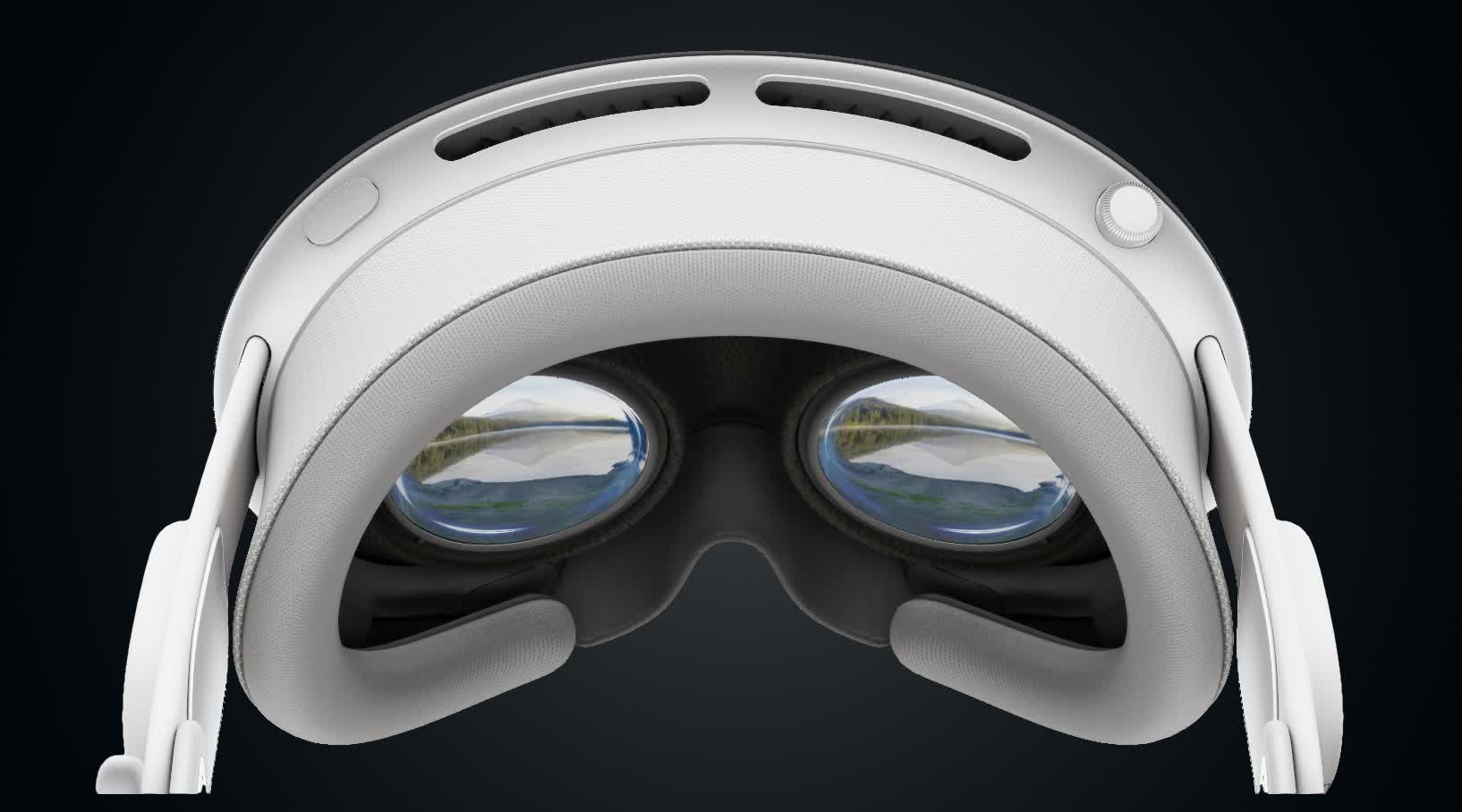In brief: Apple opened pre-orders for its Vision Pro mixed reality headset over the weekend ahead of the official February 2 US launch date. According to estimates from analyst Ming-Chi Kuo, the company sold between 160,000 and 180,000 devices across the two days. And while that might sound like good news for Cupertino, it comes with a caveat.
Kuo previously predicted that Apple would produce 60,000 to 80,000 Vision Pro units for the launch day. Writing on Medium, the famed analyst says the headset sold out soon after the pre-order process opened, and that shipping times for all three models, which offer 256GB ($3,500), 512GB ($3,699), and 1TB ($3,899) of storage, increased from five weeks to seven weeks.
While that sounds like good news for Apple, Kuo noted that those shipping times remained unchanged after 48 hours, which could indicate that orders dropped considerably after the hardcore Apple fans made their purchases. He noted that ongoing demand for new iPhones means the handsets usually see a steady increase in shipping times 24 to 48 hours after pre-orders open.
Kuo noted that given Apple has 1.2 billion active users, the company understands that the Vision Pro is a very niche product. The headset is only launching in the US at first, with the global rollout coming later in the year, possibly during June, before WWDC.
According to Bloomberg, analysts expect Apple to ship 300,000 to 400,000 Vision Pro units this year, generating as much as $1.4 billion in revenue. That’s a lot of money, but not for a company that brought in $383 billion in sales last year.
It was recently confirmed that like the processors found in Apple’s laptops and tablets, the Vision Pro’s M2 SoC features an 8-core CPU (four performance and four efficiency cores), a 10-core GPU, and a 16-core Neural Engine. It also supports 90Hz, 96Hz, and 100Hz refresh rates. Check out the full specs here.
The fact that the Vision Pro won’t have a dedicated Netflix, YouTube or Spotify app may deter people from spending $3,500 or more on one of the headsets. But Cupertino will probably hope the free, 25-minute demos available in Apple stores will help convince customers to hand over their money.


